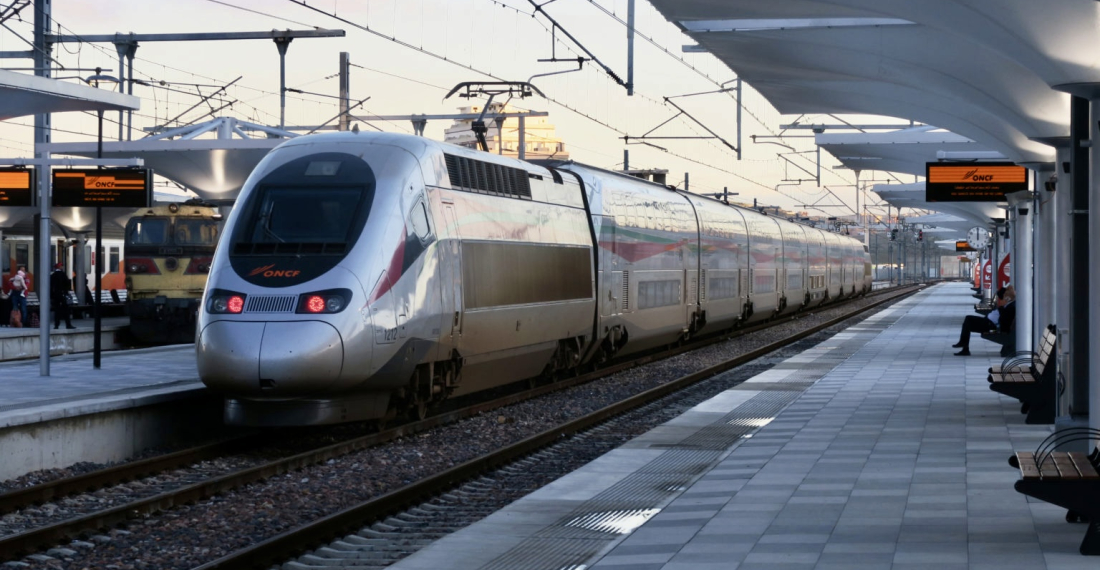Morocco is pushing ahead with the development of high-speed rail. Morocco plans to launch a tender to study the project of a high-speed rail link between Fez and Rabat, with a stop in Meknes. Meknes is one of the cities that will be used for team training and accommodation during the 2030 FIFA World Cup.
With this project, which is expected to cost around 23 billion Moroccan dirhams, Morocco aims to progressively develop modern and high-quality transport facilities that meet FIFA standards for the transport of supporters and delegations. Travel time between Fez and Rabat, via Meknes, will be reduced from three and a half hours to just one hour and 40 minutes. The plan involves upgrading the existing line and building a new high-speed railway, including the construction of several bridges in the province of Khemisset.
This new high-speed line and other railway infrastructure projects under construction will not only facilitate the mobility of Moroccans and visitors during the 2030 World Cup, but will also strengthen Morocco's global competitiveness. The country aims to become one of the world's leaders in HSL, alongside major nations such as China, France, Spain and Germany.







